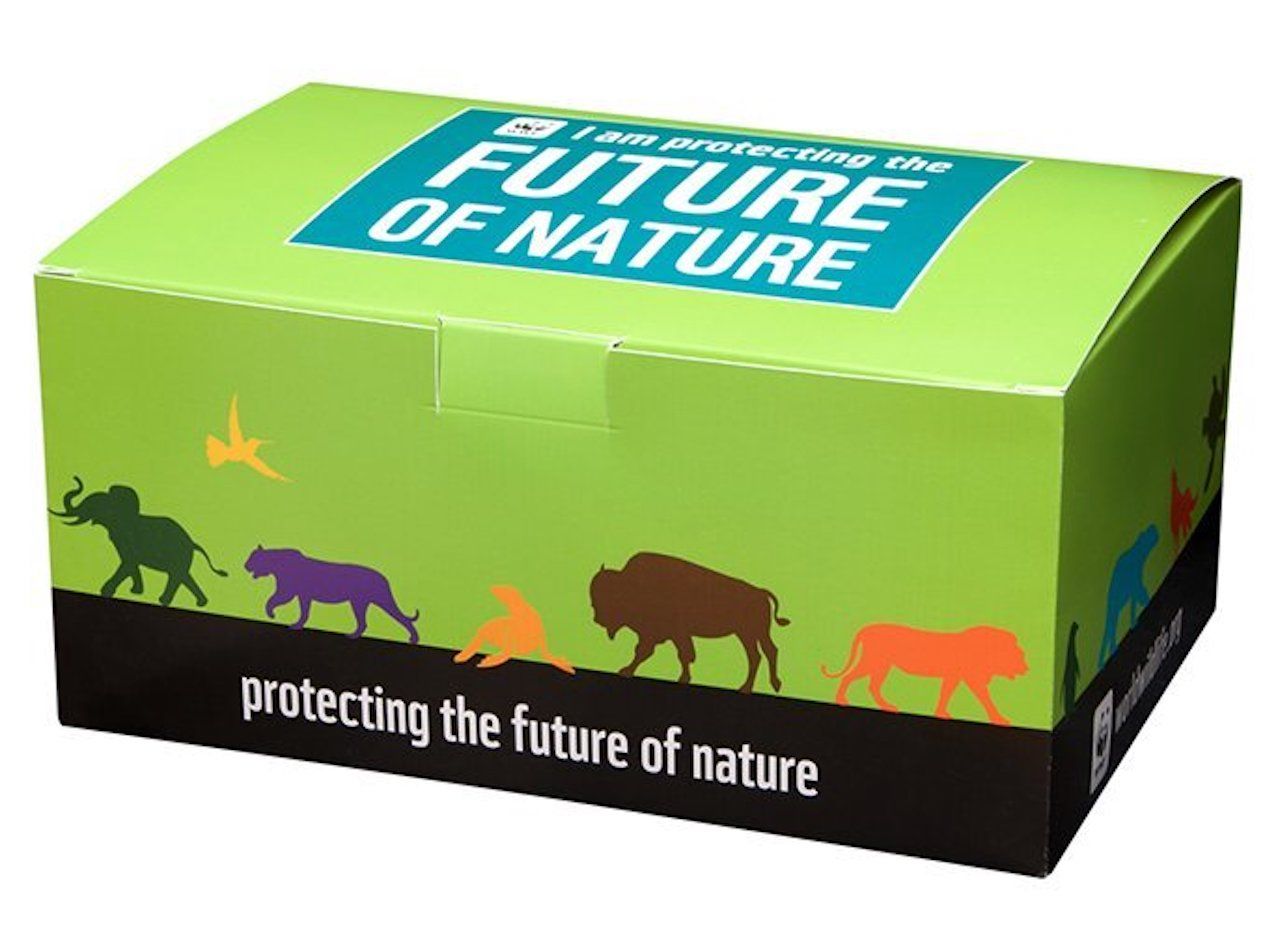Guide to choosing sustainable and meaningful gifts

Here is a guide to choosing sustainable and meaningful gifts tailored to a middle-aged audience in the United States, crafted to resonate with their values and lifestyle:
Guide to Choosing Sustainable and Meaningful Gifts

Introduction: The Art of Thoughtful Gifting
Gift-giving is a universal language of love, appreciation, and celebration .2. However, in an era of heightened environmental consciousness and a desire for deeper connections, the act of giving has evolved .1. Middle-aged individuals, aged 40-55, often seek gifts that not only bring joy but also align with their values of sustainability, ethical consumption, and meaningful experiences .3. This guide aims to provide practical insights and inspiring ideas for choosing gifts that resonate with this audience, ensuring your presents are both cherished and contribute to a better world.

Understanding the Middle-Aged Audience (40-55)
To create engaging content, it’s important to understand the audience. Create an audience profile to understand general likes, dislikes, attitudes, education levels, and geographic location .10. In mid-life, people tend to appreciate items that not only warm their hearts but also serve a purpose in their daily lives .3. They are often at a stage in life where they value experiences, quality time, and products that simplify and enrich their lives .3. They tend to appreciate items that not only warm their hearts but also serve a purpose in their daily lives .3.

Why Sustainable and Meaningful Gifts Matter
Support Sustainability Eco-friendly gifts are crafted from sustainable materials, which helps conserve natural resources and minimize environmental harm .1.
Reduce Waste Eco-friendly gifts play a key role in reducing waste .1. Many of these gifts are designed to be reusable, biodegradable, or recyclable, helping to cut down on landfill waste .1. Opting for gifts with a lower environmental impact supports the zero-waste movement and encourages sustainable living .1.
Promote Ethical Practices Many eco-friendly products come from companies that emphasize ethical practices, such as fair labor conditions and responsible sourcing .1. Supporting these businesses promotes a fairer global economy and ensures that your gift has a positive impact beyond just its immediate use .1.
Minimize Toxicity and Harmful Chemicals Eco-friendly gifts tend to avoid toxic materials, opting for natural, organic, and non-toxic ingredients instead .2. This not only ensures a safer product but also reduces pollution in the production process, helping protect ecosystems and human health .2.
Encourage Innovation and Sustainable Alternatives By choosing eco-friendly gifts, you’re directly supporting and encouraging businesses to develop greener options .2. This drive for innovation leads to a wider variety of eco-friendly products and a healthier market for environmentally conscious consumers .2.
Show Thoughtfulness and Care Beyond the Gift Choosing eco-friendly gifts shows your commitment to a better world .2. It’s a gesture that reflects care and respect for the planet, demonstrating that your love and appreciation extend beyond the present moment to future generations .2.
Factors to Consider When Choosing Eco-Friendly Gifts
-
Materials Look for gifts made from renewable and/ or sustainable materials such as bamboo, organic cotton, recycled plastic, or reclaimed wood .4.
-
Production Process Consider how the gift is manufactured .4. Look for products that are produced using eco-friendly and energy-efficient processes .4.
-
Packaging Opt for gifts that have minimal or eco-friendly packaging .4. Look for packaging made from recycled or biodegradable materials .4.
-
Durability Choose gifts that are built to last .4. Products that are durable and of high quality will be used for a longer time, reducing the need for replacements, which helps to minimize waste and conserve resources .4.
-
Local and Ethical Sourcing Consider supporting local artisans and businesses that prioritize ethical practices .







